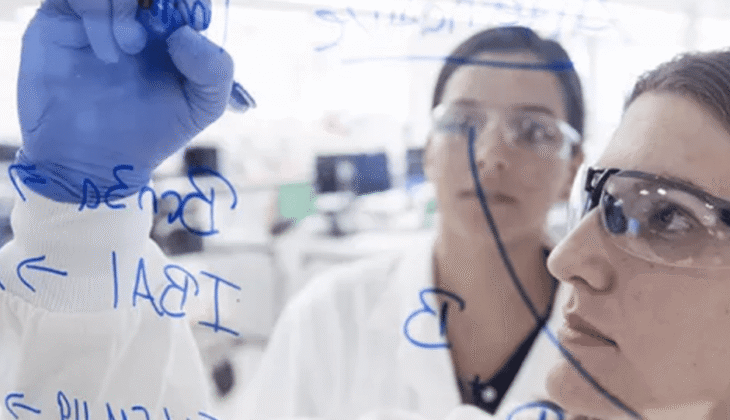The master of physician assistant Studies program is more than just classroom instruction and clinical rotations. Research initiatives and clinical projects are integral components that help students develop deeper knowledge, sharpen problem-solving abilities, and gain real-world insight into patient care. These opportunities allow future physician assistants to bridge the gap between academic learning and practical healthcare application, preparing them to become well-rounded professionals.
Importance of Research in Physician Assistant Education
Research plays a central role in advancing healthcare practice. In physician assistant studies, students often engage in scholarly projects that focus on medical sciences, patient outcomes, healthcare delivery, or evidence-based practices. These projects teach students how to ask meaningful clinical questions, review existing literature, and analyze data to identify solutions that improve patient care.
By participating in research, students not only gain valuable analytical skills but also contribute to the growth of medical knowledge. Their findings can influence treatment protocols, refine clinical guidelines, and support healthcare providers in delivering more effective care.
Common Areas of Research Focus
Projects within the curriculum often cover a wide range of healthcare-related topics. Common areas include chronic disease management, preventive medicine, patient education, diagnostic accuracy, and treatment effectiveness. Some students also explore innovative technology in healthcare, such as digital monitoring devices or telemedicine, to assess their role in enhancing patient outcomes.
These projects require students to critically evaluate information and apply clinical reasoning to ensure that research remains relevant to real-world medical practice. The process develops the skills necessary to integrate scientific evidence into everyday patient care decisions.
Clinical Projects and Hands-On Experience
Beyond traditional research, clinical projects form a vital part of physician assistant training. These projects focus on applying knowledge directly within healthcare environments. Students may design initiatives that improve patient safety, streamline clinical procedures, or evaluate treatment approaches across different medical specialties.
For example, a student might create a project that examines methods for improving medication adherence in patients with chronic conditions. Another may develop a quality improvement plan to enhance communication between healthcare teams. Such experiences give students firsthand insight into the challenges of modern healthcare while providing practical solutions that can be implemented in clinical practice.
Collaboration and Team-Based Learning
Both research and clinical projects emphasize collaboration. Students often work closely with faculty mentors, physicians, and other healthcare professionals to design, conduct, and evaluate their projects. This team-based approach mirrors the interprofessional collaboration that is essential in healthcare settings.
Collaboration also provides opportunities for mentorship, allowing students to learn from experienced professionals while building strong communication and leadership skills. These interactions prepare students for the teamwork-driven nature of physician assistant practice.
Developing Critical Skills
Research and clinical projects develop a variety of essential skills that extend beyond the classroom. Students learn how to gather and evaluate data, communicate findings effectively, and translate research into actionable strategies. They also build resilience by managing challenges such as limited resources, time constraints, or unexpected outcomes during project development.
These experiences not only strengthen professional competency but also instill a mindset of lifelong learning. Physician assistants are expected to continually update their knowledge and adapt to advances in medicine, and research involvement during training lays the foundation for this professional growth.
Future Impact of Student Research
The outcomes of research and clinical projects often extend far beyond graduation. Many students publish their findings, present at academic conferences, or contribute to ongoing studies. This impact highlights the value of physician assistant programs in shaping the future of healthcare by fostering innovation and inquiry.
As healthcare evolves, physician assistants who are trained in research methods are better positioned to adapt, ensuring that patient care remains effective, safe, and evidence-based.
Conclusion
Research and clinical projects are vital components of a Master of Physician Assistant Studies program. They provide students with opportunities to apply classroom knowledge, develop critical skills, and contribute to meaningful improvements in healthcare delivery. These experiences prepare graduates to be not only skilled clinicians but also thoughtful contributors to the medical field.
UNT Health Fort Worth reflects this commitment through its three core pillars of health education, health research, and health care, demonstrating the importance of integrating research with clinical practice. Through this blend, students gain the tools to make lasting contributions to patient well-being and the advancement of healthcare.

